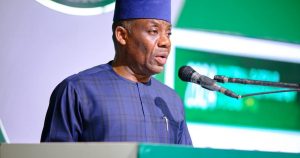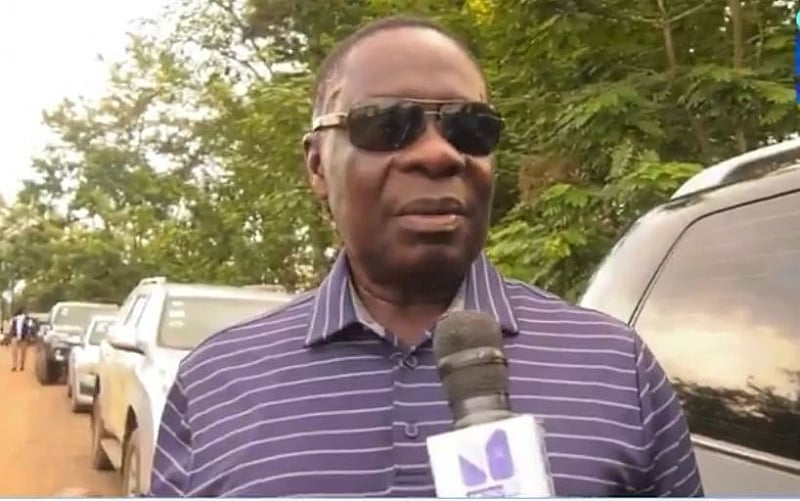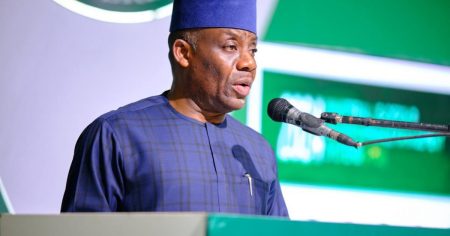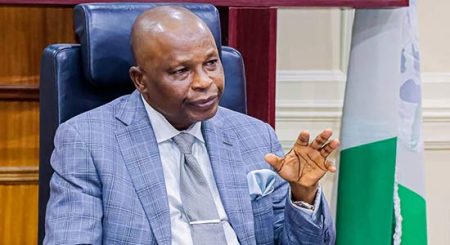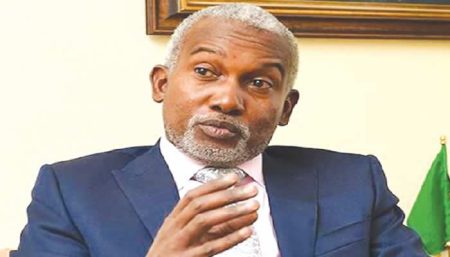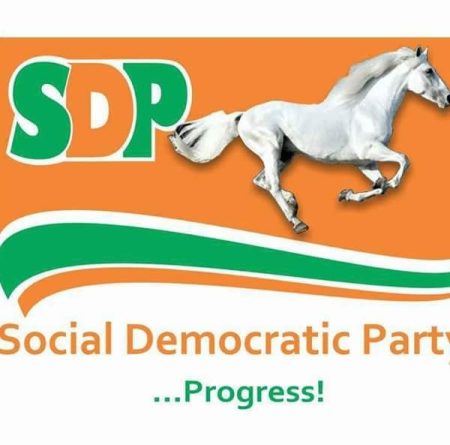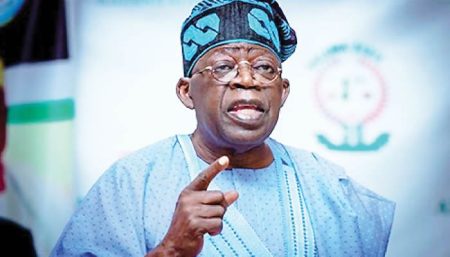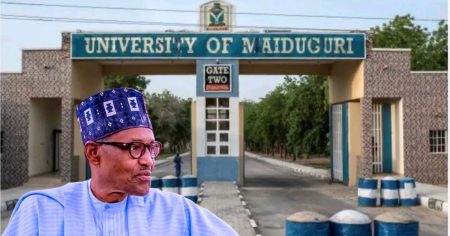The exorbitant visa application fees levied by numerous developed nations have come under sharp criticism by James Gyakye Quayson, Ghana’s Deputy Foreign Affairs Minister-designate and Member of Parliament for Assin North. He argues that these fees impose an unfair financial burden on young Africans aspiring to travel abroad, often exceeding the equivalent of two months’ wages for laborers. Quayson contends that these fees are essentially a revenue-generating mechanism for foreign embassies, despite the high rejection rates for visa applications. He advocates for urgent policy interventions to reform the visa application process and alleviate the financial strain on Ghanaian youth.
Quayson highlighted the stark disparity between the cost of visa applications and the average income of young Africans. He pointed out that application fees alone can reach $160, a substantial sum that represents one or two months’ salary for many. This financial hurdle, he argues, effectively shuts out a large segment of the population from opportunities abroad. He further criticized the high rejection rates, estimating that 90% to 95% of applicants are denied visas, despite having paid the substantial fees. This practice, he suggests, amounts to exploiting the aspirations of African youth who seek better opportunities elsewhere.
The core of Quayson’s argument centers on the fairness and ethics of charging such high fees, especially given the slim chances of visa approval. He questions the justification for these fees, particularly when they are used to fund embassy operations rather than enhance the efficiency or transparency of the visa process. His perspective underscores the inherent inequity in a system that places a heavy financial burden on applicants, many of whom are ultimately denied visas, effectively making the application fee a lost investment for those individuals.
Quayson’s stance emphasizes the need for a shift in foreign policy that prioritizes the interests of Ghanaians, particularly the youth. He advocates for a more equitable and transparent visa application process that doesn’t disproportionately burden aspiring travelers. He pledged to work with the Foreign Affairs Minister to develop policies that address this issue and better serve the needs of Ghanaians seeking opportunities abroad. This includes exploring diplomatic avenues to negotiate fairer visa application fees and processes with the countries in question.
Beyond the financial burden, Quayson’s criticism also touches upon the broader implications of these high visa fees. He suggests that these practices perpetuate a cycle of inequality, limiting the mobility and opportunities available to young Africans. This restriction on movement can hinder economic growth and development, as talented individuals are prevented from pursuing education, employment, or other opportunities abroad. It also fosters resentment and frustration among the youth, who perceive these policies as discriminatory and unjust.
In conclusion, Quayson’s critique of exorbitant visa application fees highlights a critical issue affecting young Africans. His call for policy interventions underscores the need for a more equitable and transparent system that promotes rather than hinders opportunities for the youth. He champions a foreign policy that prioritizes the interests of Ghanaians and actively seeks solutions to address the challenges they face in navigating the complex and often costly process of applying for visas to other countries. He envisions a system that fosters greater mobility and opportunity, enabling young Africans to pursue their aspirations and contribute to the global community.


